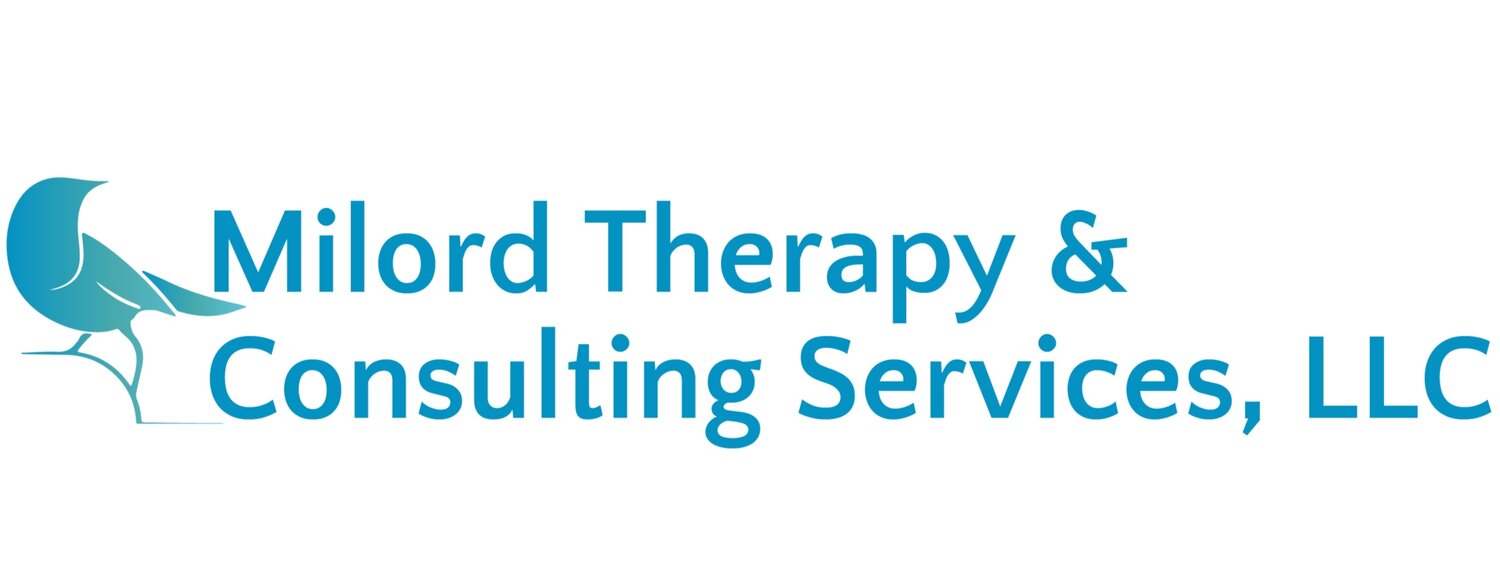Codependency & Healthy Detachment
Welcome back! Last week, we talked about family roles and what they are! Today is a continuation about that topic – we will be talking about codependency and what healthy detachment is.
Family roles can be with functional or dysfunctional. It’s important to say that each individual family can have a mix of functional and dysfunctional family roles. So, what can this look like? Here’s a chart:
Sometimes, the dysfunctional family roles can form out of a need for codependency. Codependency is defined as an excessive emotional or psychological reliance on a partner, typically one who requires support on account of an illness, addiction, or declining mental health.
Sometimes you might find yourself experiencing codependency in a relationship because of a need, crisis, or an emergency. Codependency can look like:
-Worrying excessively about others’ problems,
-Being preoccupied with controlling remote situations,
-Finding that your mental/emotional energy and behavior is focused around another person or around other people,
-Caretaking and rescuing other people at the sacrifice of your own needs and wants, and
-Enabling another’s unhealthy lifestyle.'
It's possible to experience all, none, or some of these signs of codependency.
If this happens, you still have a right to develop and practice healthy detachment from other family members.
Healthy detachment is defined as: letting go emotionally of a person or situation without ignoring them or avoiding them. This concept may be new to you, but it is something you can put into practice. It is important to be able to understand healthy detachment, because as you go through life and have different experiences, you may find that you will have different forms of attachment with people you may have known for quite some time. It is normal to practice healthy detachment at different times in your life with different people.
Healthy detachment looks like:
-Accepting Reality: there's very little you can do to change anyone besides yourself, and other peoples’ problems aren’t yours to solve.
-Giving Yourself Credit: You've done a lot to help (maybe physically, maybe mentally). Give yourself grace and compassion because you're human and you deserve it.
-Restore Balance: Seek balance and peace in your own life as best as you can. This can look like meditation, deep breathing, or having a healthy walk or workout.
-Let Go: Remember that others’ behaviors are not a reflection on you, and their behaviors are not personal. You can’t control what you do, but you can control how much you’ll take or how you’ll respond.
-React Less: Notice when your feelings seem to be tied to the other person; try to figure out why this happens, then practice detachment next time. Each time you do this, you'll become more conscious of when it happens.
-And lastly, Practice Self-Care: Get in touch with your own needs and wants. Let others take care of you, accept their compliments, and find mutual relationships. Then remember to also give yourself grace - because you're human and you deserve it.
As you go about your daily life and add these tips in, remember to give yourself some grace and compassion as you figure out how to use and include these concepts. Thanks for reading. Next week, we will be chatting about healthy ways to develop healthy family roles. Talk soon!
Find me on social media here:
Twitter: @demthelmhc
Instagram: @demthelmhc
YouTube: https://www.youtube.com/channel/UCeBmX86aXQV27tKPd3moaog
Facebook: https://www.facebook.com/demthelmhc

